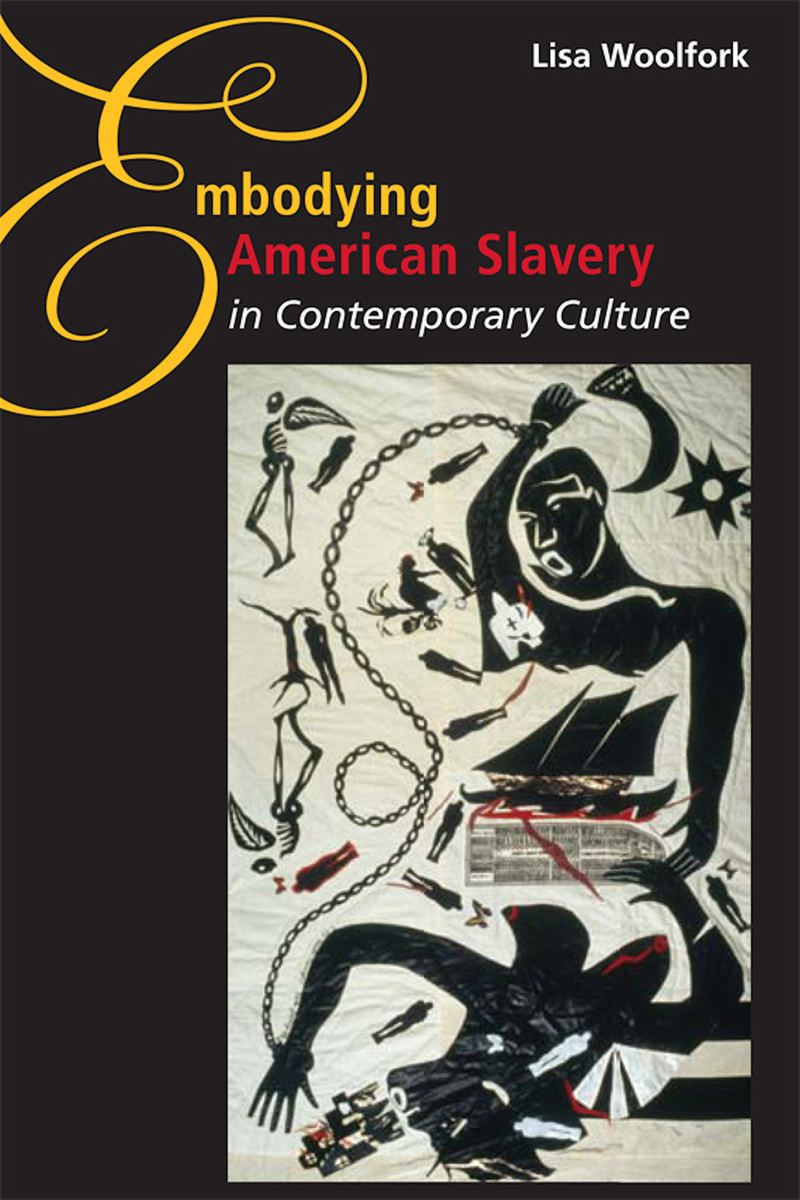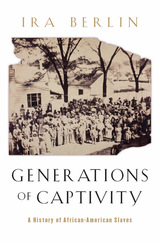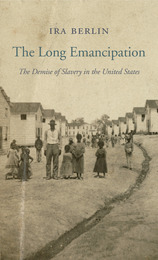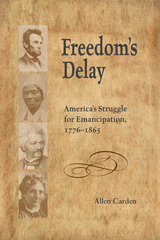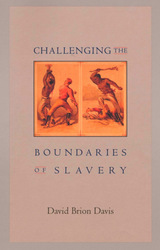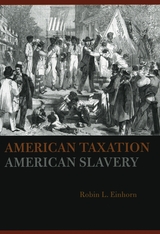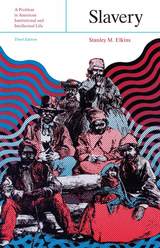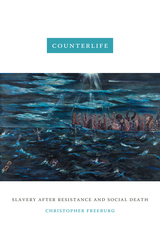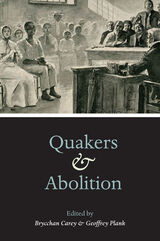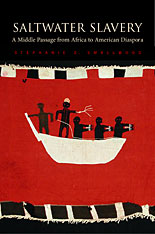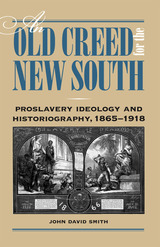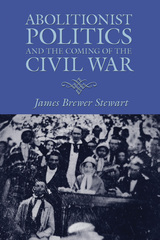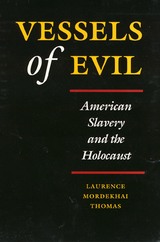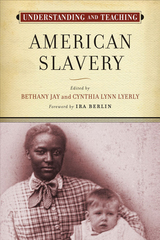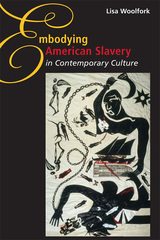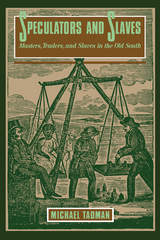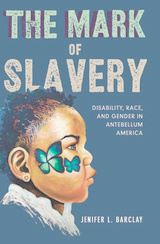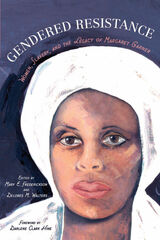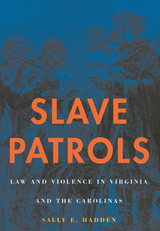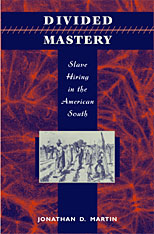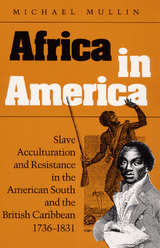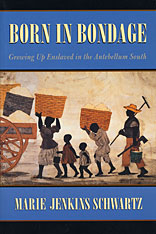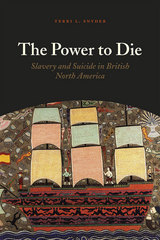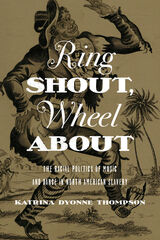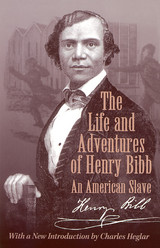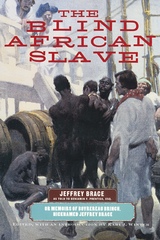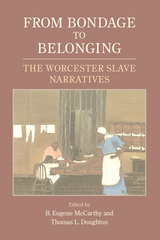Embodying American Slavery in Contemporary Culture
University of Illinois Press, 2008
Cloth: 978-0-252-03390-2 | eISBN: 978-0-252-09296-1
Library of Congress Classification E441.W89 2009
Dewey Decimal Classification 306.362
Cloth: 978-0-252-03390-2 | eISBN: 978-0-252-09296-1
Library of Congress Classification E441.W89 2009
Dewey Decimal Classification 306.362
ABOUT THIS BOOK | AUTHOR BIOGRAPHY | REVIEWS | TOC
ABOUT THIS BOOK
This study explores contemporary novels, films, performances, and reenactments that depict American slavery and its traumatic effects by invoking a time-travel paradigm to produce a representational strategy of "bodily epistemology." Disrupting the prevailing view of traumatic knowledge that claims that traumatic events are irretrievable and accessible only through oblique reference, these novels and films circumvent the notion of indirect reference by depicting a replaying of the past, forcing present-day protagonists to witness and participate in traumatic histories that for them are neither dead nor past. Further, live performances and reenactments of slavery also rely on the time-travel motif (and the requisite suspension of disbelief) as a strategy to confront contemporary audiences with such spectacles as slave ship captivity, slave auctions, or a slave's decision to escape to freedom.
As Lisa Woolfork cogently reveals, these cultural expressions indicate a concern that the traumatic meanings and consequences of American slavery have been lost to those living in the twentieth and twenty-first centuries. Woolfork analyzes how these works deploy a representational strategy that challenges the divide between past and present, imparting to their re-creations of American slavery a physical and emotional energy to counter America's apathetic or amnesiac attitude about the trauma of the slave past.
See other books on: 1980- | 1980-2020 | Contemporary Culture | Psychic trauma | Slavery in literature
See other titles from University of Illinois Press
